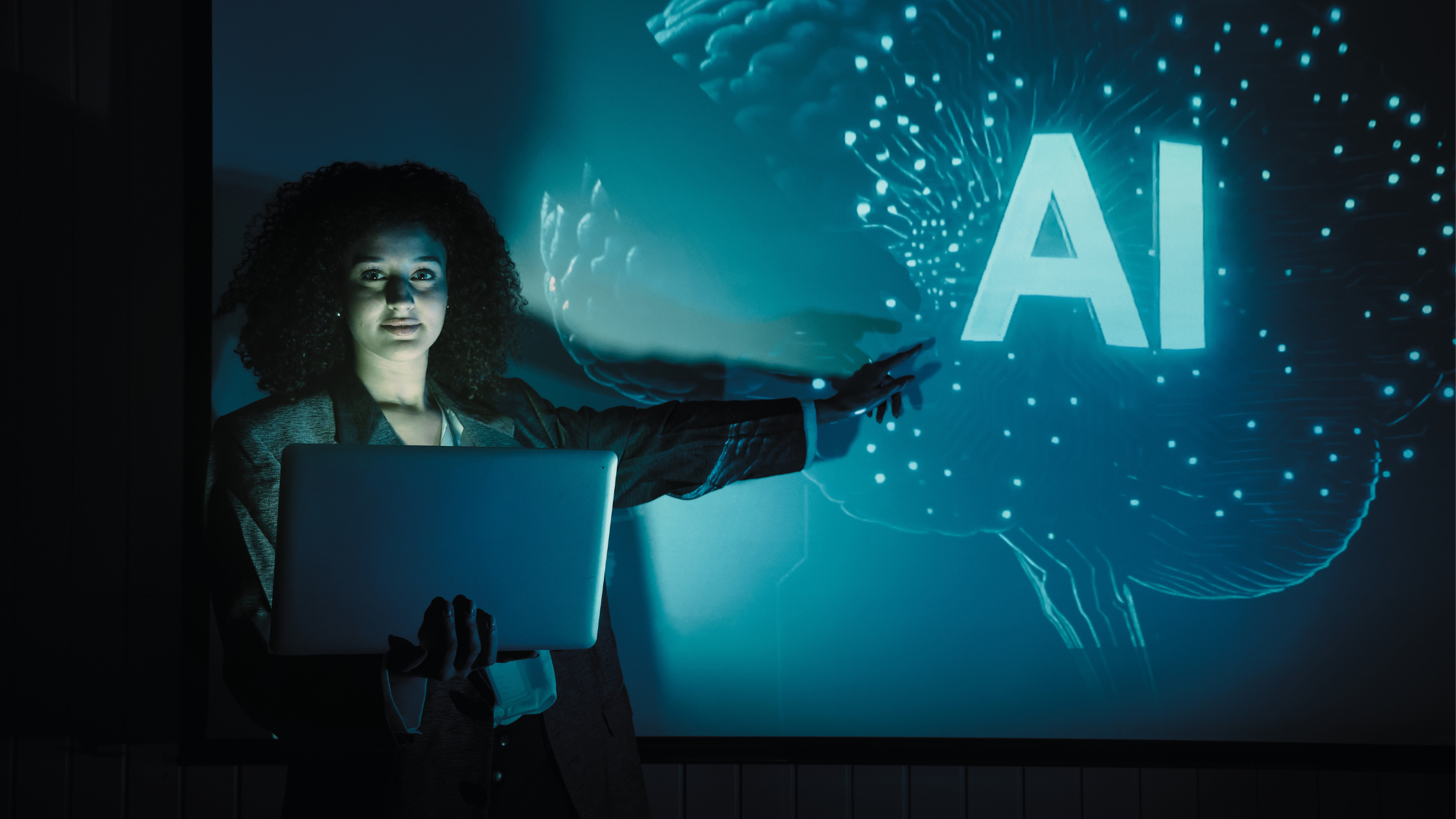
Artificial Intelligence has long been imagined by sci-fi films and TV shows such as Terminator, The Matrix, Battlestar Galactica, and West World. One famous story that turned a lot of heads was an experiment conducted by Facebook with two computer chatbots. The chatbots were set up to communicate via text. In one of these experiments, the computers began to talk nonsensically to each other. The people running the experiment feared that this was because the two computers had actually noticed that they were being monitored, and, in response, invented their own language to rebel against their makers! The observers panicked and immediately switched the computers off.
Whatever may have happened, the growth of Artificial Intelligence has been a cause for both wonder and concern. While AI is predicted to greatly increase human efficiency, many experts are concerned that it could threaten humanity. Although the machine rebellion imagined by Hollywood may not be in the foreseeable future, there is a very real concern that AI could threaten human autonomy and change social structures in a way that we are not ready for. More will be discussed on that below, but first, let us look at the possible good AI can bring to humanity.
There are many ways in which AI will hopefully benefit mankind. AI will likely be able to assist nurses and doctors to a greater extent in diagnosing diseases and in prescribing drugs and nutrition. Being able to draw from a built-in database of memory and having increased intelligence to discern the information will allow medical treatment to be both more efficient and hopefully more accurate. Additionally, AI is projected to take more reigns in the field of accounting for similar reasons. It will be able to automate redundant accounting tasks for greater efficiency so that accountants will have increased focus on more important tasks. Such developments could possibly make accountants’ jobs more enjoyable and fulfilling while eliminating the possibility of human error.
Although there are a lot of benefits to using AI to maximize efficiency and eliminate human error, there is also the risk of harm that can be done that comes right along with it. One of the greatest of these concerns is the fear of job loss due to increased automation. People have been losing jobs to machines for centuries, but Artificial Intelligence may be the greatest game-changer in jobs the world has yet seen. This change may have also been further exacerbated by the pandemic. 40 million jobs were lost during the pandemic and while many are coming back, many may be gone forever due to the labor shortage and the ability of AI to replace workers. Some economists predict that 42% of those jobs lost in the US will never return.
AI is projected to replace jobs both inside and outside of the physical labor realm. In the realm of physical labor, AI could possibly replace trucker jobs with self-automated trucks. If self-driving technology ends up being successful, both labor and social structures will never be the same. However, the effects of AI will certainly be felt outside of physical labor. Some have even gone as far as saying that AI is more likely to replace white-collar jobs than blue-collar jobs. The famous entrepreneur Mark Cuban has predicted that one day, we could see an end to the accountant position altogether and have it replaced by a computer that can do it all. Interestingly, he has also said there will be more demand in the future for people with liberal arts degrees that can think outside the box and implement this new technology in innovative ways. It is also predicted that Generation Z is the most at risk of job scarcity caused by AI automation.
Another concern about the use of Artificial Intelligence pointed out by many is the question of how this new technology will conduct ethics. Artificial Intelligence will most likely be under the control of large companies and governments primarily interested in increasing their profits and power. Values and ethics are not baked into machines so it is hard to know how these machines will be programmed to act morally. A big fear is that a company or government could easily program the technology to suspend ethics for the sake of profits and/or power. We are already seeing this happen on social media sites such as Facebook which has built-in algorithms designed to learn what their users are clicking on and advertise products catered to their interests and with its control of information designed to prop up organizations and governments.
Despite the alarming possibilities that Artificial Intelligence could bring about there are also some solutions to handle it on the horizon as well. One option that may help the situation would be to have groups, organizations, and countries worldwide come together to make an agreed universal ethical approach to implement into all AI technology. This agreement could be a sort of constitution that would keep artificial intelligence from being manipulated for selfish interests. It has also been proposed that decentralizing intelligent digital networks could also be a buffer to abuses of AI power. AI programmed with a sort of empathy that is sensitive to each individual person’s needs could be a good way of preventing one person or organization from using AI to force selfish interests upon the many. Whatever happens, grave care must be taken to exercise proper responsibility for this new powerful technology.






